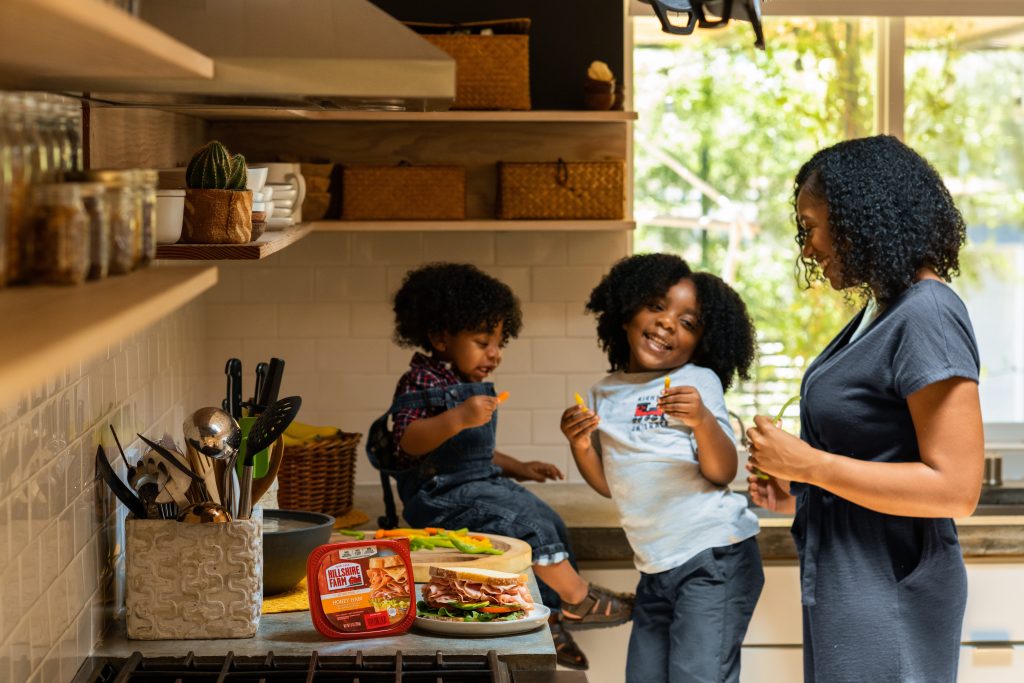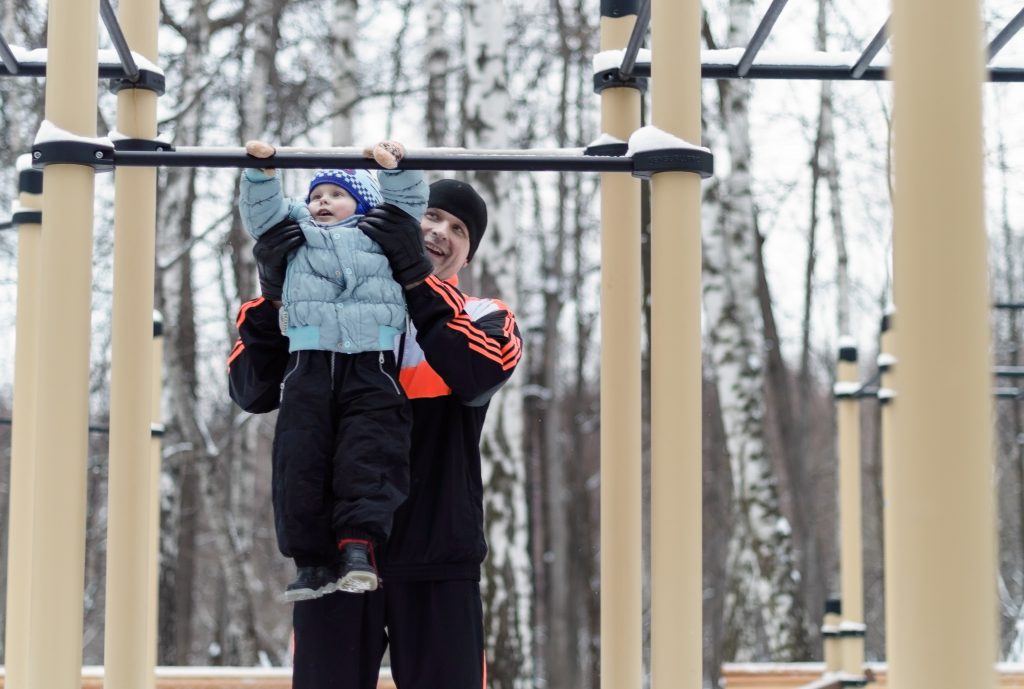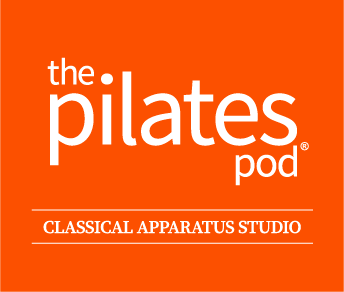
What is body positivity?
Who said, it’s a hashtag?! #bodypositivity
Yes, it’s true that social media has exploded with searches and hashtags on body positivity over the last couple of years.
Social media filters are changing how young people see themselves. Being a teen has always been challenging, but for those coming up in the age of social media, there is a whole new scrutiny that’s happening around body image. Platforms like Instagram, Snapchat and Tik Tok inundate us with perfectly curated lives. The carefully taken photograph that you think looks perfect but may have taken 20 shots to get completely “perfect.”
The hashtags #livingmybestlife and #bodygoals that can make you covet these curated non realistic lives and social media filters that alter and beautify body and facial features are used so often to an unrealistic beauty standard, that it is warping and hurting the way our kids feel about themselves.
According to a 2021 survey of 200 teens ages 13 to 21 from ParentsTogether, young people who use beauty filters weekly are more likely to want to have cosmetic surgery and to alter their skin colour. Perhaps unsurprisingly, the survey found that the more time teens spent on social media, the more likely they were to report being dissatisfied with how they look.
But it’s getting younger…
Research suggests that children as young as 3 years old can have body image issues.
My mum was always on a diet (still is!) She would do low fat, no fat, high protein, no carbs, gluten free, cabbage diet, Slimming World, you name it! She would happily put away a low fat bar with a diet label that made her hungry, was full of sugar and made her sugar levels spike and drop! She would always remark about her fat legs and cankles and would die to be skinny. She lived on cigarettes and coffee like a model in an attempt to curb the cravings until she realised the smoking was bad for my asthma. She would joke with my nan that I would make a good nurse because I had a big butt, or comment on how I had “big legs”
My “big legs” exercise several times a week and are pure muscle machines from weights, Pilates, yoga, swimming, HIIT and walking. My mum does zero exercise. I’ve never forgotten how my mum was around food, but thankfully I don’t listen to my mum!

There are many things that influence how children see themselves.
Parents, guardians, families, and schools can play a critical role in helping children develop a positive body image and self-esteem. Lead my example, you are the greatest role model.
- Talk openly about body positivity being an acceptance and appreciation of all body types, no matter what their size. That starts with the adults. Are you criticizing your own body in front of the kids? Are you guilty of saying “I wish I was skinny.”
- Give your kids body positive toys to play with. Barbie have got an awesome collect, featuring dolls of all different sizes, disabilities, skin colour, some with vitiligo, ladies with no hair, men with long hair and merman shimmer outfits.
- Reduce body shaming and teach our kids how to love the body they are in. As a little one, it’s common to hear “look at those little fat cheeks” or “what chunky little legs” but what is that telling them from an early age?
- Discourage dieting, ‘bad foods’ or ‘clean foods’ Food is not dirty, bad or good. So let’s stop labelling it like so. Are you giving your kids sweets as treat food for being good? Does that therefore mean that if you get broccoli, you are a bad person? Do talk about eating healthy, not dieting.
- Get rid of the obsession with the scales. The last time I was weighed was in 2015 because I was pregnant so you have to at hospital appointments. I don’t care, it means nothing. I know the number changes a lot because of hormones, water retention, dehydration, menstrual cycle and muscle mass. I know I feel great if I exercise, but can straight away feel terrible if the scales don’t say what I want to see. So get rid. What’s a number anyway.
- Don’t talk about exercising to lose weight. Do talk about exercising to be stronger, healthier, move better, live longer.
- Exercise with your kids. Get them involved in doing the Hundred, or Rolling like a Ball. My kids love copying me, so encourage this raw talent and natural interest.
- Don’t shy away from being photographed. Do take every opportunity to document your life with your child. Encourage your kids to be what is what like to take a photo in the good old days when you had them developed. There was no time to pout, retake the photo because your arm looked a bit wobbly, or you hadn’t stuck out your chest enough, you were busy having fun with your friends and snap away!
- Scrap the filters yourself and encourage your kids to do the same. Except the funny ones where it turns you into a cat, that’s fine!
- Scrap the likes. Kids are wrongly associating likes on their profiles and posts as meaning that they are liked. Or a lack of likes on a post may mean they are not liked, not popular. Embrace the “likes off mode” and enjoy freedom from the likes.
- Don’t brush it off- ask questions. For example, if your 8-year-old daughter says that her stomach is too big, don’t brush it off by saying, “Don’t be silly.” Ask her why she thinks it is too big. It’ll start a conversation and give you an opportunity to talk about what makes her special. You can steer the conversation back to having a healthy body and how our healthy bodies sometimes look different than what we see on TV and in magazines.
- Remember boys suffer from body image issues too. They can feel as though they don’t have enough muscles or six-pack abs, or that they aren’t tall enough. One research study found that underweight boys are more likely to suffer from depression than overweight girls. Think how you speak to the boys, what conversations you are having with them.
Written by: Michelle Smith, Owner of The Pilates Pod and Mind Movement Matters.
